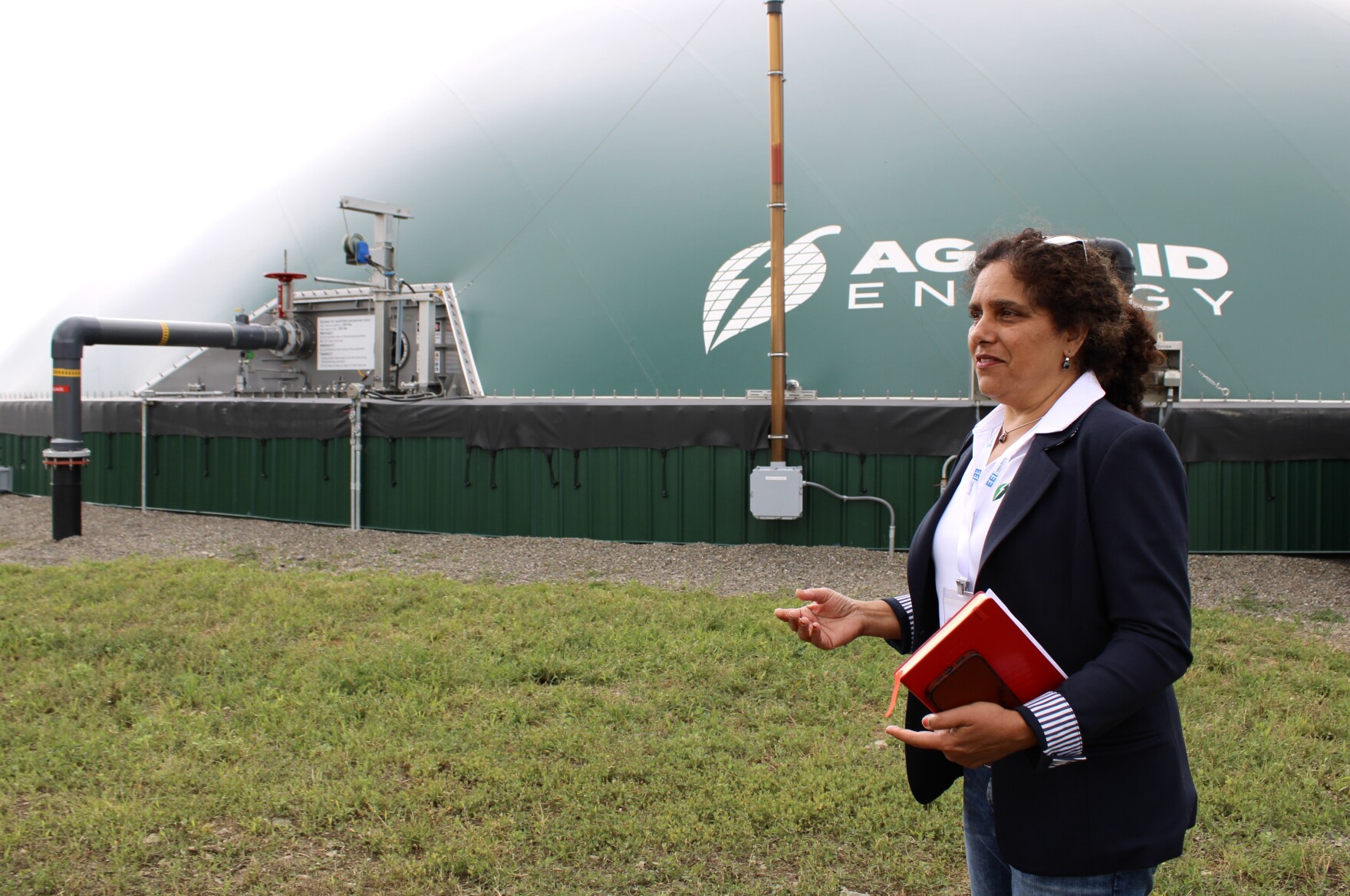
No, the freshmen aren’t getting younger. Many of the fresh, young faces on campus this summer belong to middle- and high-school students attending UConn science camps. This year, thanks to a boost from the Next Generation Connecticut initiative, those camps are bursting at the seams.

The Next Gen initiative seeks to meet the state’s future workforce needs by increasing UConn enrollment in the STEM disciplines (science, technology, engineering, and math). The University plans to bolster enrollment by 70 percent in engineering alone.
To that end, UConn’s long-running Kids Are Scientists Too (KAST) summer program has changed its name to Kids Are Scientists and Engineers Too (KASET). Although engineering workshops have been part of the University’s summer youth science program for the past five years, parents have been asking for more engineering and robotics, organizers say.
“We’re more than happy to give it to them,” says Kazem Kazerounian, interim dean of the School of Engineering. “Programs like Kids Are Scientists and Engineers Too help to build the pipeline of future STEM students here at UConn. Our students will in turn become the scientists and engineers Connecticut needs for a healthy economic future.”

In addition to offerings like Junior Engineers and Biomedical Engineering, this year’s week-long day camps have included Marine Explorers; Space Astronomy; Explore Your Physical World; Zoom! Crash! Instant Replay!; and Archaeology Field School for Kids. Several of this year’s modules have been so popular the organizers had to increase the class size, according to program coordinator Joy Erickson.
The camps run from 9 a.m. to noon and cost $185, with discounts for early enrollment, multiple workshops, or multiple children attending from the same family. They are designed for students entering grades 5 through 10. This age range is ideal, says physics professor and Space Astronomy camp facilitator Cynthia Peterson, because the students are “open-minded and eager to learn.”
The students actively engage in the activities, she adds. Some of them even show up early. During the Biomedical Engineering module, for example, facilitator Erickson would arrive at 8:45 a.m. to find many of the kids already there working on building robotic arms. “By nine o’clock, every single one of them was here,” she says.


Part of the appeal seems to be the hands-on nature of the camps. In addition to building and operating robotic arms, kids make their own movies, spend a day exploring marine life aboard a research vessel on Long Island Sound, and take part in an archeological dig.
“A lot of camps just show us things,” says Mimi Griffin, soon to be a 7th grader at Corpus Christi School in Wethersfield. “Now we’re getting to do it ourselves.”
For more information about Kids Are Scientists and Engineers Too, visit www.KASET.uconn.edu. For more photos from the KASET 2013 camps, go to UConn Today’s Flickr gallery.


